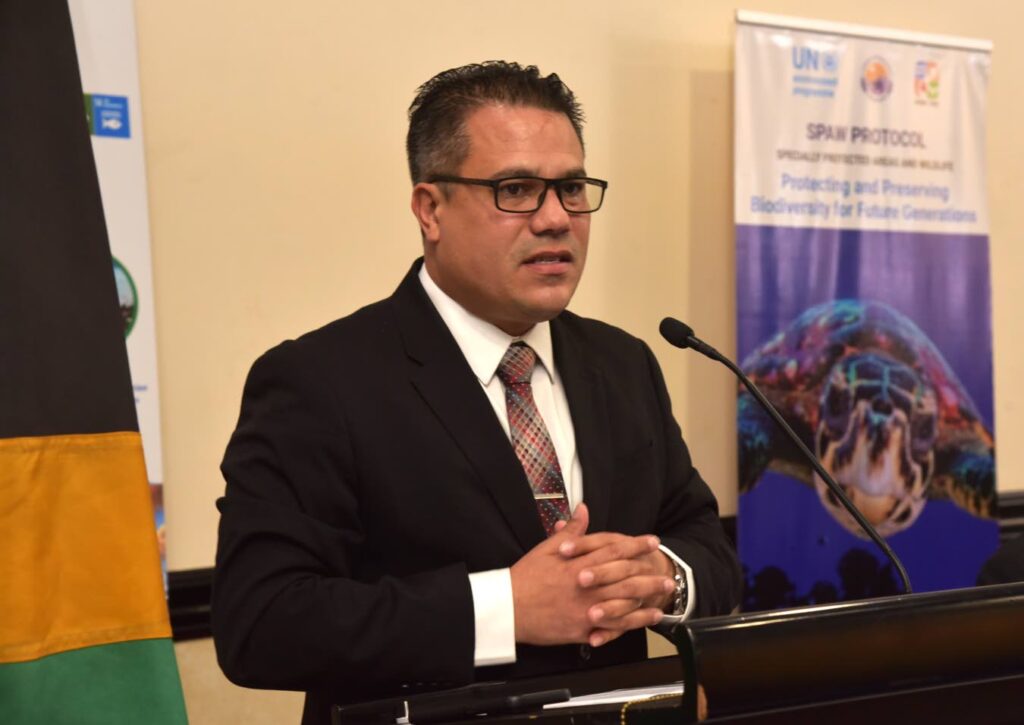Jamaica has taken a significant stride in environmental conservation by nearing the ratification of the Protocol for Specially Protected Areas and Wildlife (SPAW) under the Cartagena Convention. This move underscores the nation’s dedication to safeguarding marine biodiversity and enhancing environmental governance across the Caribbean region. Minister of Water, Environment, and Climate Change, Matthew Samuda, announced this development during the opening ceremony of the 18th Conference of the Parties (COP18) at the Jamaica Pegasus hotel. He emphasized that the ratification process is in its final stages, pending an amendment to the Wildlife Protection Act, which is expected to be presented in Parliament soon. Samuda highlighted that the ratification is not merely symbolic but a practical commitment to the principles and benefits of the Cartagena Convention. The SPAW Protocol, which has been in effect since 2000, provides a legal framework for the conservation and sustainable use of coastal and marine biodiversity. It protects over 300 species of plants and animals through habitat preservation, trade restrictions, and the establishment of protected area networks. Samuda also pointed out the Caribbean’s vulnerability to the triple planetary crisis of climate change, pollution, and biodiversity loss, which has led to coral bleaching, declining water quality, and rising sea levels. He stressed the importance of regional cooperation through the Cartagena Convention and SPAW to address these challenges effectively. By ratifying the SPAW Protocol, Jamaica aims to enhance the recognition of its marine protected areas, create new employment opportunities, and access additional funding sources.
